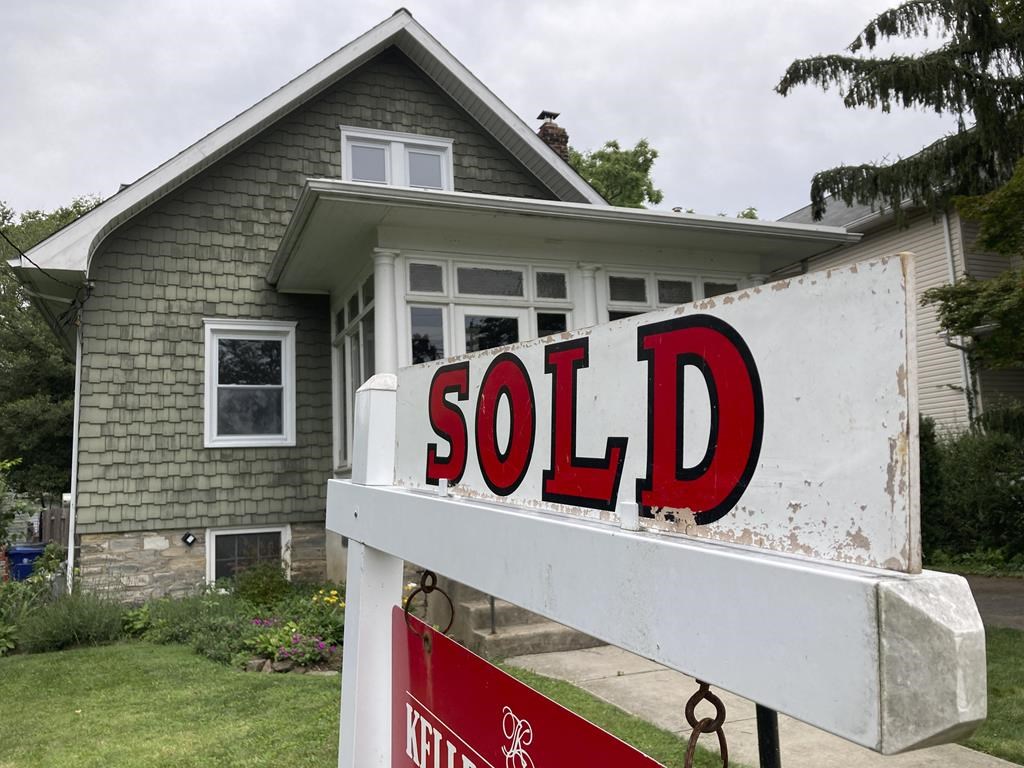A new pool-based pilot project from three Hamilton stakeholders is aiming to help renters obtain their first mortgage.

Kiwanis Homes, the City of Hamilton and the Hamilton Community Foundation are pooling resources to help people in the municipality to own the homes they’re renting.
Brian Sibley, executive director with Hamilton East Kiwanis Non-profit Homes, says the partners are investing about $1 million each in a mortgage pool helping households with incomes of around $95,000 a year to purchase residences around $500,000.
“The pilot project is aiming at about 20 units to start with,” Sibley told 900 CHML’s Good Morning Hamilton.
“We have a pool of about 200 homes, but what we want to do is start small.”
The idea is to begin with an initial group to “iron out the difficulties” to see if the program “has legs” for the next decade or so.
Under the initiative, qualified renters would be able to tap into cash for a down payment to complete a purchase before paying the money back in time for others to do the same.

Get breaking National news
Hamilton Community Foundation president and CEO Terry Cooke says the program is aimed at tenants of social housing or people on that wait-list to become first-time homebuyers who generally can’t come up with a down payment.
“What it will do is help first-time buyers create some equity,” Cooke told Global News.
“Renters have missed that whole window that those of us fortunate enough to own have been the beneficiaries of in the last decade or two … (creating) wealth and a nest egg.”
The process is also expected to reduce pressure within social housing so others presently unserved on the waiting list will find rental accommodation.
Characterized as an “impact investment,” the three entities put up 40 per cent via “very low interest” second mortgages that wouldn’t require any payment for 25 years.
“Now, that means that from a debt perspective, the people are just paying for the discounted value of the home,” Sibley explained.
“So if you take a $500,000 home, the discounted value of that home is $300,000. So that’s what they’re actually paying on … is $300,000.”
Buyers who stay in that home for the full period of the mortgage likely will see the city’s contributions forgiven, according to Sibley.
“So that they won’t have to pay that back at the end of the 25 years,” he said.
“They will have to pay the help of the Community Foundation and Kiwanis homes back … so it means that they would remortgage and pay us back.”
Homeowners moving out of the home prior to the end of a mortgage period will have to pay back the investment, assuming they are selling the property.
They would take away any money earned from the appreciation of the home.
Cooke says the program does not target the lowest-income residents in social housing but those with steady work at the lower end of the scale who do not have savings.
“Those (other) folks will need to continue to have subsidization and rental accommodation available. This would be for a low to moderate income, generally, we’ve targeted kind of $50 to $70,000,” Cooke said.
He went on to say all the money issued via the program is not likely to all be tied up for 25 years since the market typically sees first-time buyers sell their property in the first five to 10 years for an upgrade.
“The cycle time on this, while it could potentially in some cases be 25 years, is more than likely going to be substantially shorter … which will allow us to redeploy the capital,” Cooke elaborated.
Sibley says “education sessions” for those interested will commence in mid-June. So far he estimates a pool of about 40 Kiwanis Homes residents have expressed interest.
The City of Hamilton estimates its wait list for subsidized homes sits at about 6,100 as of early 2023.
A review of the pilot is expected within a year of launch.










Comments